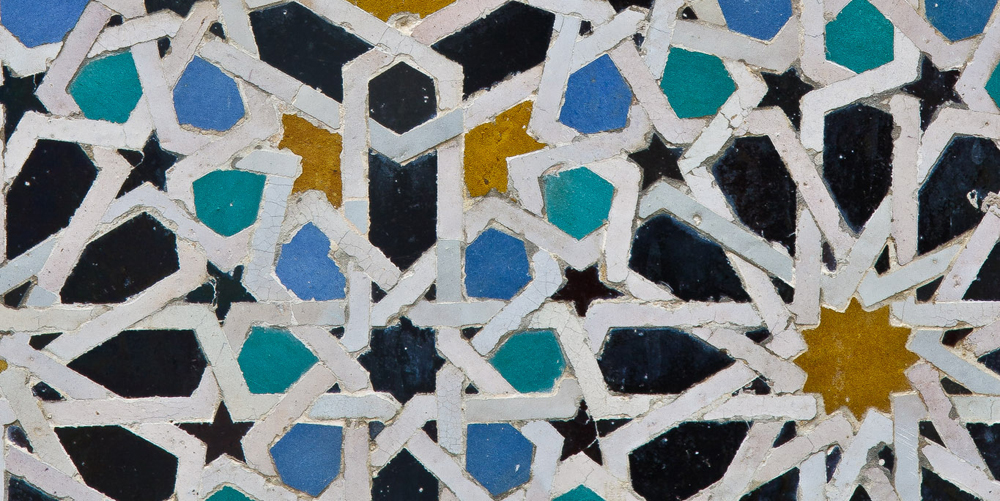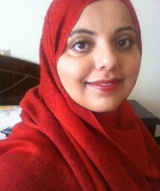Support system
The left needs to stop lecturing British Muslim women, writes Shaista Aziz Post-Brexit, hate crime has soared. But while the political discourse around austerity, immigration and the refugee crisis has created an environment where growing numbers of people seem to feel...
The left needs to stop lecturing British Muslim women, writes Shaista Aziz
Post-Brexit, hate crime has soared. But while the political discourse around austerity, immigration and the refugee crisis has created an environment where growing numbers of people seem to feel they can be openly racist, it’s important to be clear: racism never went away.
Over the years, British Muslim communities have all too often been the targets for racist abuse – and worse. But for British Muslim women, particularly those who choose to wear clothing that identifies them as Muslim, the problem has become particularly acute.
Visible Muslim women wearing the hijab often bear the brunt of hate crime, abuse and discrimination. And the underbelly of this abuse is rooted in misogyny. There have been some horrific incidents, including the recent case of a pregnant Muslim woman, wearing a hijab, who was attacked in the car park of a supermarket in Milton Keynes. She was kicked in the stomach and later miscarried.
As a British Muslim woman who wears a hijab I’ve faced a number of incidents of gendered Islamophobia, from sexual harassment in the office based on my Muslim identity, to being verbally and physically abused on the street. I’ve contacted the police three times in the past 18 months to report racist hate crime against me. In the most recent incident, less than six months ago, I was standing at a bus stop in my home city of Oxford after returning from a work trip to Prague. A white man saw me approaching and became visibly agitated. He swore at me and lurched towards me with his fist raised so I had to use my suitcase as a barrier between me and him. Although other people were at the bus stop at the time, nobody intervened.
As I told the police, I believe it is Muslim women’s visibility – as women who are deemed ‘other’ – that is a common thread in such attacks. Islamophobes and misogynists do not want women like me to be visible. Just as we are attacked by those who feel we do not belong to the ‘us’, so we can become targets for some of ‘our own men’ for being too visible.
Significantly, though, we also face a further problem – and that’s the lack of support we often feel from those who campaign for equality. As a non-white woman, a working-class woman, a Muslim woman and a feminist, I believe it is time to face up to the fact: Islamophobia is a feminist issue. But many on the left who advocate gender equality have been unwilling to show solidarity with women who are being victimised based on their identity and what they choose to wear. Why?
In the main, I think, it’s because many, including mainstream white feminists, feel we Muslim women must be ‘saved’ from oppression and from the misogyny we are perceived to internalise by choosing to wear a hijab. In short, we must be saved from ourselves. If we’re not to be loathed by the racists, we’re to be pitied as the eternal victim and looked down on.
I am constantly lectured by people, both men and women, who tell me that Islam is one of the greatest threats to gender equality in the world. ‘Over there’ they tell me, ‘in those Arab counties you would have no rights’. No faith should be above criticism: all of us should be able to critique faiths or cultures and the dangerous and damaging patriarchy within. But reductive statements about how all Muslim women are victims of oppression are firmly rooted in orientalism and colonialism. They associate the hijab only with oppression rather than seeing Muslim women as individuals, as women and human beings with agency, with our own stories which we shape and determine ourselves.
Because I wear a hijab, many men and women who claim to be staunch feminists tell me that my feminism is negated. Yet across the world there is a growing awareness that feminism means different things to different communities. This acknowledgment of a new and diverse feminism is welcome. But it needs to be accompanied by a fresh examination of how class, race, religion and disability impact on women’s lives and their rights – in other words an acknowledgment of intersectionality.
If we on the left are serious about equality and dismantling structures of oppression, we must acknowledge the deep-seated oppression women of colour, lesbian, transsexual and bisexual and non-binary women face just as we must acknowledge class and disability-based oppression. Otherwise our notion of equality is worthless in a world that is becoming more unequal and oppressive towards all marginalised women.
Image: Mike Prince

